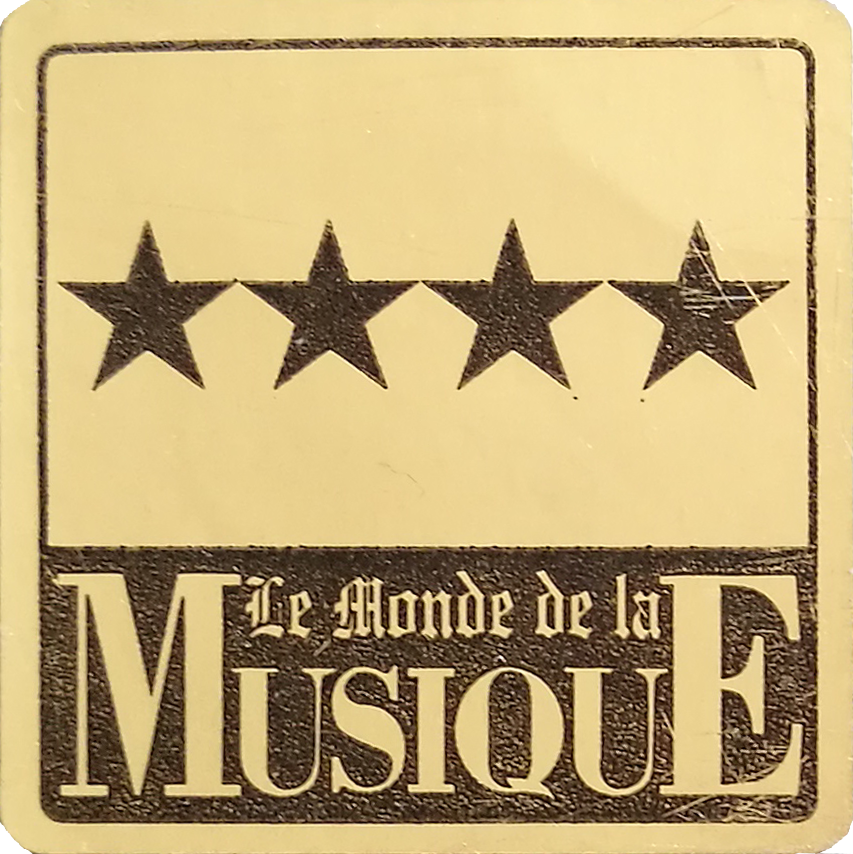Gábor Gadó The Second Coming
The darkness drops again; but now I know
That twenty centuries of stony sleep
Were vexed to nightmare by a rocking cradle,
And what rough beast, its hour come round at last,
Slouches towards Bethlehem to be born?
From The Second Coming by William Butler Yeats
About the album
All compositions by Gábor Gadó
Recorded at the Tom-Tom Studio, Budapest on 9-11/02/2004
Recorded and mixed by Attila Kölcsényi
Cover art by Gábor Bachman and Meral Yasar
Portrait photo: István Huszti
Art-Smart by Meral Yasar
Produced by László Gôz
Executive producer: Tamás Bognár
The recording was sponsored by the Ministry of Cultural Heritage, the National Cultural Fund of Hungary and the Artisjus Music Foundation
Reviews
Jacques Denis - Jazzman **** (fr)
Francois Marinot - Le Monde de la musique **** (fr)
Mathias Bäumel - Jazzzeitung (de)
Dresdner Neueste Nachrichten (de)
Mathias Bäumel - Dresdner Universitäts Journal (de)
Juan Carlos Abelenda - Tomajazz.com (es)
Angelo Leonardi - All About Jazz - Italia ***1/2 (it)
João Pedro Viegas - Jazz.pt (pt)
H. Magyar Kornél - Gramofon **** (hu)
Rakk László - Rockinform (hu)
Gábor Gadó: The Second Coming
The album is available in digital form at our retail partners
The darkness drops again; but now I know
That twenty centuries of stony sleep
Were vexed to nightmare by a rocking cradle,
And what rough beast, its hour come round at last,
Slouches towards Bethlehem to be born?
William Butler Yeats: The Second Coming
There’s a short story by Shalamov, entitled In the snow. Prisoners are trudging in single file through deep snow in Siberia, tramping, stamping their way through the snow. “The first in line has the hardest task, and when his strength fails, one of the first five will take his place. Of all those following in his wake, even the smallest, even the weakest will have to tramp through virgin snow at some point, because they cannot always step precisely into his tracks. It is the readers, not the writers who make their way on tractors and on horseback.”
György Spiró: What does one write if one is Hungarian?
Translated by Eszter Molnár
It may be that you will consider all this utopian, and you will say you see no traces of it in real life (...) But important events do not always find a reflection concurrently in immediate rea- lity. And anyway I am speaking about a process of which, whilst considering that I discern its broad design, I naturally cannot know its outcome.
Imre Kertész: The Holocaust as Culture
Translated by Tim Wilkinson
Which meant that I am once again.
Péter Nádas: My Own Death
Translated by János Salamon


